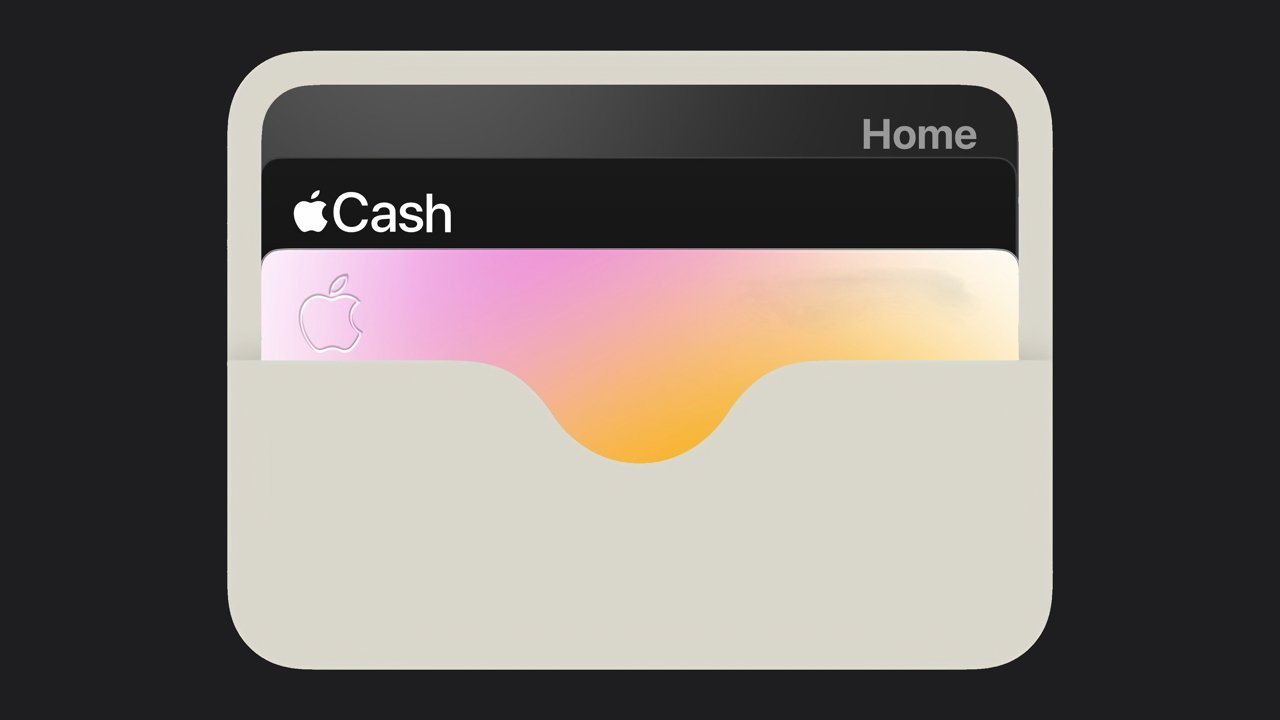We’ve gone over the benefits of the M2 over the M1 processor in our reviews of the new MacBook Air and 13-inch MacBook Pro, but there’s one benchmark we didn’t perform that everyone can relate to and demonstrates the M2’s prowess.
David Heinemeier Hanson (@dhh on Twitter) recently tweeted his results from Speedometer 2.0, a test that gauges browser speed. He found that the M2 is 33 percent faster than the M1, and it’s also 2.5 times faster than the iMac running a 4.2GHz Core i7 CPU.
The 400 score is mighty impressive, especially since we reported back in March that Google Chrome (version 99) and the Safari Technology Preview 15.4 (Release 141) posted scores at or close to 300. In fact, that 400 score is a 33 percent increase over that 300 score.
With Heinemeier Hanson’s tweet and our prior testing in mind, and that the browser is likely the most frequently-used Mac app by just about everyone, we thought we’d give Speedometer a run on the M2 and different browsers and see what happens. Here are our results.
How we tested
The Speedometer browser benchmark is made by the WebKit team at Apple and uses web-based applications and simulates user actions. The benchmark gauges the browser’s responsiveness to those actions and then creates a performance score. The higher the score, the better the performance. You can learn more about how Speedometer benchmarks performance, and Speedometer is available for anyone to use for free.
I ran Speedometer 2.0 on Safari 15.6, Chrome 104, and the Safari Technology Preview (Release 150). The hardware involved the following chips and Macs:
Results: M2 provides a boost
When I tested Safari 15.6, I experienced an 18 percent increase of the M2 over the M1. That’s a little more than half of what Heinemeier Hanson’s tweeted, but he compares the M2 to an M1 score that is not stated. As I pointed out earlier, a 33 percent increase would mean that the M1 posted a 300 score.
Our results are an average of three trials, and while I didn’t get an exact 400 score for the M2, I got an average just above that, and one of the trials actually scored 408. Our testing also found an 11 percent boost of the M2 over the M1 Pro.
The difference using Chrome 104 was smaller, with the M2 posting a 9 percent increase over the M1. Speedometer is a test designed by Apple, which may have something to do with Chrome’s showing here.
Another interesting tidbit as a result of this testing is that Chrome’s speed edge that Google bragged about in March is gone–again, Speedometer is an Apple-created test, so Safari has an advantage. On the M2, Safari is 18 percent faster than Chrome, and it gets better with the Safari Technology Preview.
The Safari Technology Preview is a beta version of the browser that Apple makes available to the public to test new features. Hopefully, the general public will get to feel the speed improvements that STP provides—it posted a whopping average score of 420 on the M2, with one of our trials hitting 425. The 420 score is 18 percent better than the STP on the M1.
What does this all mean? Safari is quite fast on the M2 and considering how much we are all on the internet, every optimization counts. But in the end, it doesn’t matter how fast a browser is, your experience is only as fast as your connection.





















Discussion about this post